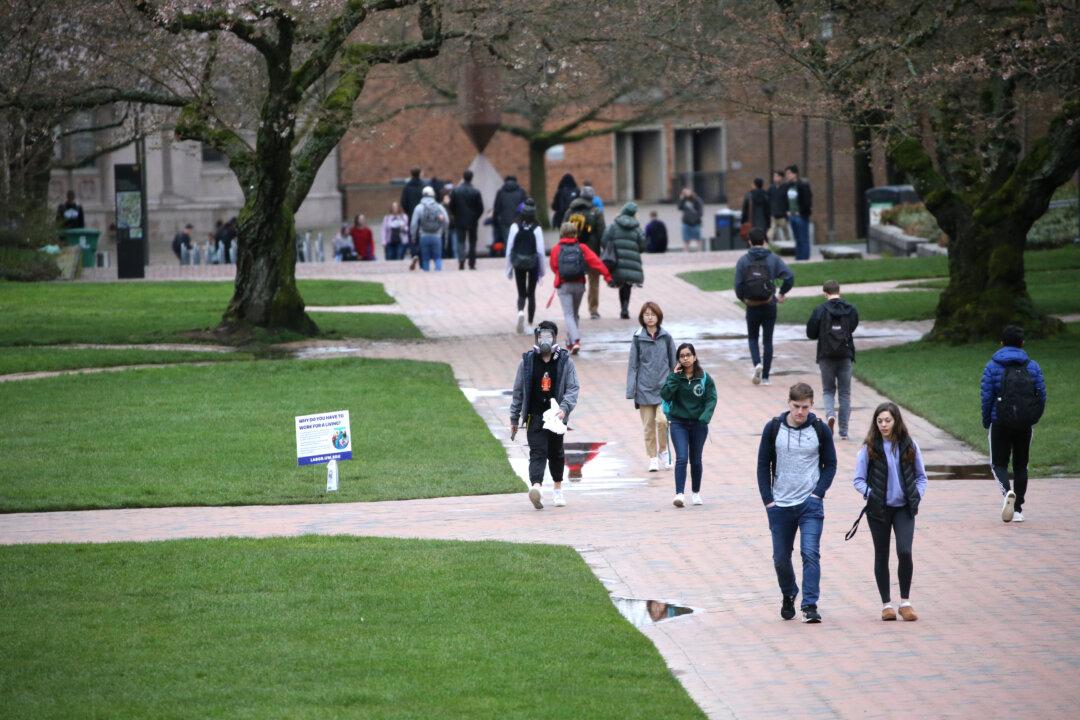Commentary
It’s undeniable that a crackdown on free speech is underway. Cancel culture’s body count continues to grow as more and more celebrities are crucified for not toeing the line of political correctness.

It’s undeniable that a crackdown on free speech is underway. Cancel culture’s body count continues to grow as more and more celebrities are crucified for not toeing the line of political correctness.